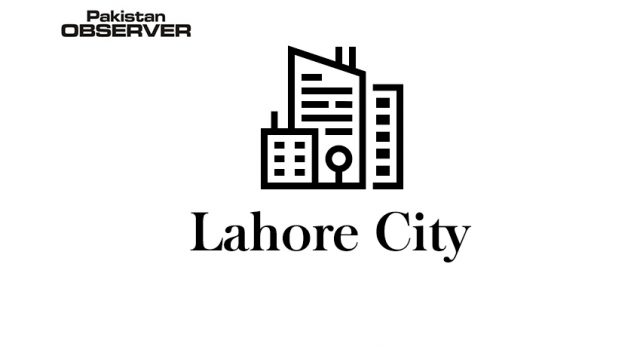Staff Reporter
The WWF-Pakistan organised a session for journalists titled: “Promoting sustainable industrial growth by improving environmental compliance-case studies from Leather and Textile SMEs in Pakistan.”
The WWF-Pakistan held the session under its EU-funded project titled “International Labour and Environmental Standards Application in Pakistan & SMEs (ILES)”.
The speakers at the session were of the view that textile and leather sectors are key drivers in Pakistan’s economy and are amongst a handful of industries which exhibit a potentially resource-intensive process with water discharge and use of chemicals deemed harmful to the environment.
The six-year project, funded by the European Union (EU), is being jointly implemented by WWF-Pakistan and International Labour Organisation (ILO) in Karachi, Lahore, Sialkot and Faisalabad.
The project primarily focuses on reducing the use of water and hazardous chemicals and promotes sustainable production and plans to mobilize and build capacity of more than 500 textile and leather industries in Pakistan.
Sharing his thoughts Sohail Ali Naqvi, Senior Manager ILES and Head of Freshwater Programme, WWF-Pakistan, said that textile and leather industries in Pakistan pose vast prospects for improved environmental compliance which can leverage the economic benefits of the European Union’s Generalized Scheme of Preferences (GSP+).
In this regard, after four years of auditing industries in the two sectors, the ILES project has now developed a business case for environmental compliance as well as other project successes including water replenishment initiatives (recharge wells) and nature-based solutions (floating treatment wetlands).
These will provide a plethora of benefits such as reducing environmental and supply-chain risks, driving internal innovation and reshaping future industry trends.
He added, that they are actively disseminating the business case in the small and medium industries (SMEs) to encourage sustainable consumption and production practices.
One of the ILES partner industries also apprised the audience on its sustainability journey made under the project and added that since their affiliation with ILES, they have had significant reduction in water, electricity and chemical usage, thus reducing their carbon footprint.
The session was organized to update the media fraternity regarding ILES activities, which was attended by prominent journalists from Lahore who actively participated in the session and gave their feedback.










